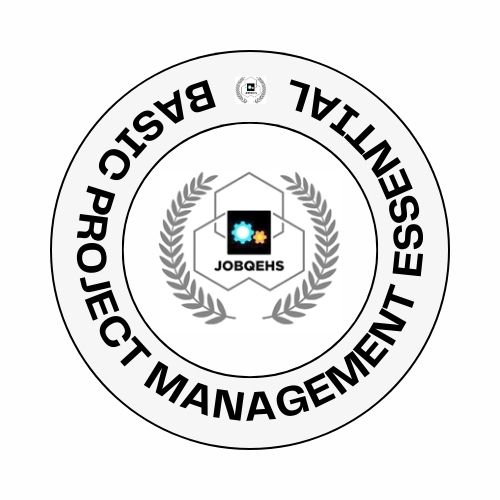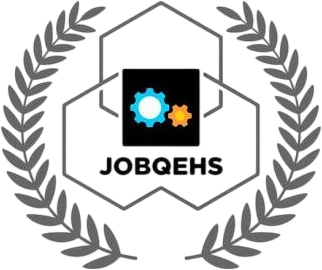JOBQEHS Basic Project Management Essential

_________________________________________
JOBQEHS Basic Project Management Essentials
1. Project Initiation
• Define Project Scope: What is the project about? What are the goals related to quality, safety, and environmental standards?
• Identify Stakeholders: Include all parties involved — employees, safety officers, contractors, management.
• Conduct Feasibility Study: Assess risks, environmental impacts, and safety considerations.
2. Project Planning
• Set Objectives: SMART (Specific, Measurable, Achievable, Relevant, Time-bound) objectives focused on quality, environment, health and safety.
• Develop a Project Plan: Outline tasks, timelines, and responsibilities.
• Risk Assessment and Management: Identify potential hazards, environmental risks, and quality issues; develop mitigation strategies.
• Resource Planning: Allocate personnel, equipment, and safety materials.
• Compliance Planning: Ensure adherence to regulatory standards (OSHA, ISO, environmental laws).
3. Project Execution
• Implement Tasks: Follow the project plan while monitoring quality and safety.
• Communication: Keep stakeholders informed about progress and risks.
• Safety Protocols: Enforce workplace safety rules, conduct training, and ensure proper PPE use.
• Quality Assurance: Conduct regular inspections and audits.
4. Project Monitoring and Control
• Track Progress: Monitor milestones and deliverables.
• Performance Metrics: Use KPIs related to safety incidents, quality defects, and environmental impacts.
• Issue Resolution: Quickly address deviations, incidents, or quality failures.
• Change Management: Manage scope changes while maintaining safety and quality standards.
5. Project Closure
• Final Review: Evaluate whether project objectives related to quality, safety, and environment were met.
• Documentation: Record lessons learned, safety reports, and compliance certifications.
• Handover: Ensure all deliverables are transferred properly and staff are briefed.
• Post-Project Evaluation: Assess long-term impacts on job quality, safety culture, and environmental sustainability.
________________________________________
Key Principles in JOBQEHS Basic Project Management Essential:
• Safety First: Always prioritize health and safety.
• Quality is Non-Negotiable: Ensure processes and deliverables meet quality standards.
• Environmental Responsibility: Minimize environmental footprint.
• Engage Stakeholders: Involve everyone to promote a culture of safety and quality.
• Continuous Improvement: Use feedback for better future projects.



